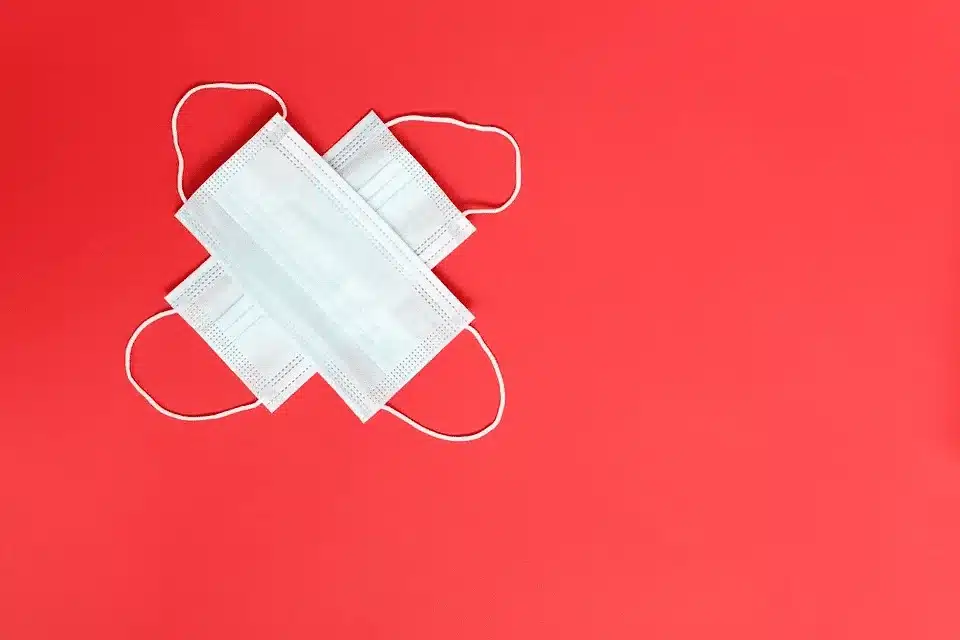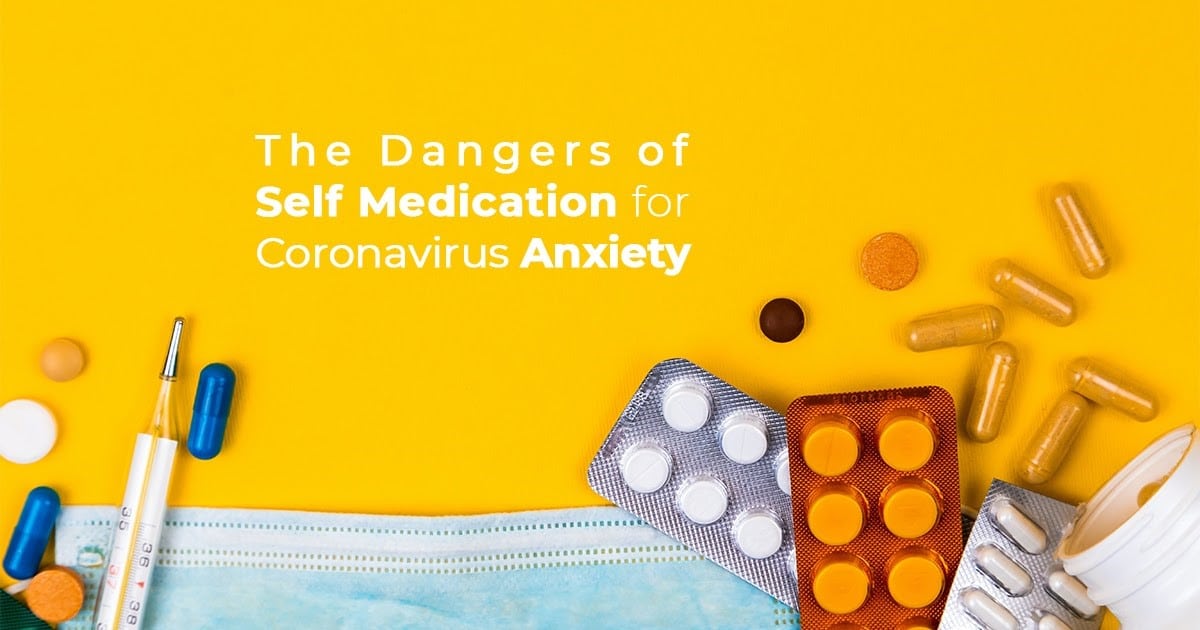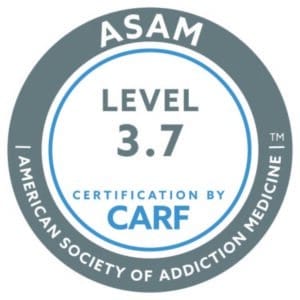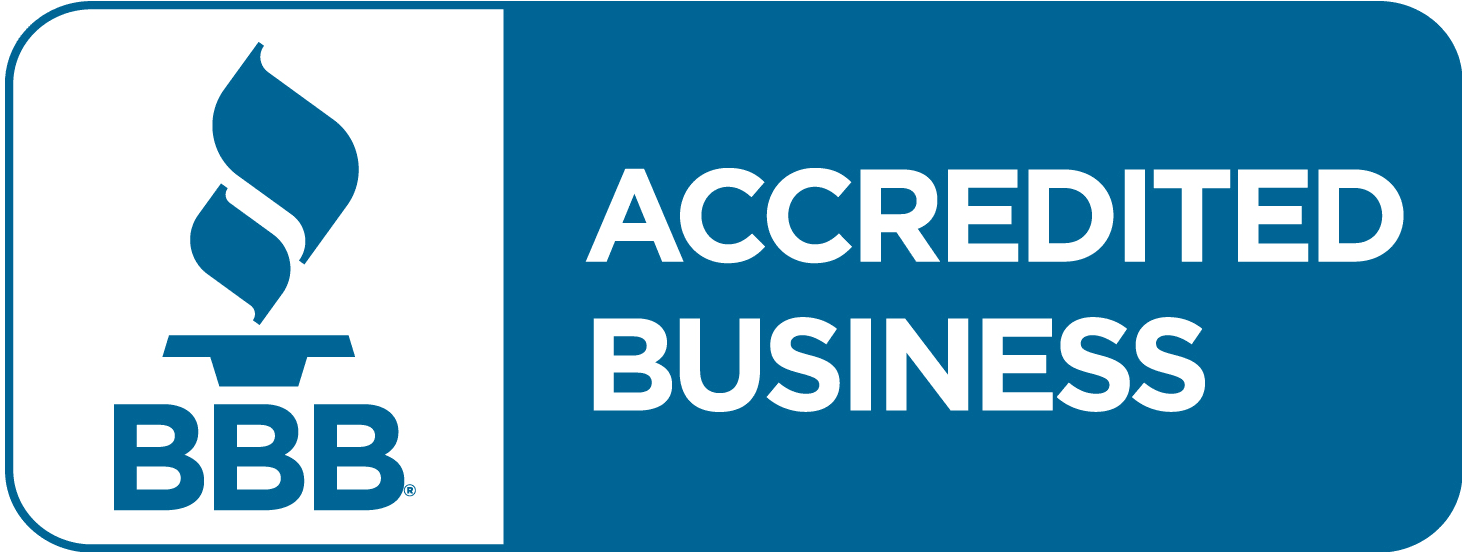Since March 2020, when we started hearing about confirmed COVID-19 cases, unfortunately, many of us have been dealing with coronavirus anxiety in the United States and worldwide.
There are specific underlying causes for this anxiety and excessive pandemic stress during the coronavirus crisis.
Causes of anxiety related to the COVID-19 pandemic include:
- The fear of getting the virus or someone close to you getting it.
- Economic or social worries stemming from public health measures to curb the virus. For example, many people and primarily nonessential workers lost their employment status during the outbreak.
- Essential workers had stress just like nonessential workers or people who lost their jobs. Nonessential workers have been concerned about their own health and well-being, particularly since many of these jobs have a high level of public exposure.
- Isolation from family or loved ones due to social distancing or infection fears
- A sense of uncertainty, which is natural during outbreaks of infectious diseases
- Anxiety following infection with the virus or hospitalization, which is common among COVID-19 patients and can turn into posttraumatic stress disorder
- A lack of social support or typical coping mechanisms such as socializing can create elevated anxiety symptoms.
- Physical symptoms of long-haul coronavirus disease following an infection
- Death anxiety
It’s difficult to escape pandemic-related stress and its psychological impact. The news and media constantly bombard people with death counts and tragic stories. The role of media is to keep people informed, but if you’re experiencing anxiety as a result, you should take steps to avoid some of this coverage or limit your intake.
Along with anxiety, people are experiencing more depressive symptoms and suicidal ideation. The rate of drug overdoses is also up sharply as we deal with coronavirus anxiety.
Below we talk more about the effects of elevated anxiety and the risks of trying to self-medicate behavioral health conditions.
Understanding COVID-19 Anxiety Syndrome
The anxiety is so pervasive surrounding the pandemic and COVID-19 outbreak that doctors call it COVID-19 anxiety syndrome.
We’re nearly two years into the initial spread of SARS-CoV-2. From the start, there’s been tremendous uncertainty.
The Evolution of the Pandemic
At the start of the coronavirus outbreak, scientists and doctors knew little about it in general. The unknowns sparked theories and fear.
Travel restrictions, mask mandates, and lockdowns followed as we learned more about coronavirus disease.
The invisible threat could start to feel like it was taking on a life of its own.
Then, in December 2020, vaccinations were introduced to the world. This brought a sense of relief.
With the spread of the delta variant in summer 2021 and now the omicron variant, there is a renewed sense of uncertainty.
There are breakthrough cases in fully vaccinated people. While the vaccines do seem to prevent severe illness and hospitalization for most, there are lingering worries still. Boosters are now becoming widely available, but anxiety and mental health concerns persist.
What’s important to realize is that your mental health can be just as important as your physical health. Just as you might be taking steps to keep yourself healthy during the pandemic physically, you need to do the same for your mental well-being.
Signs You’re Experiencing Symptoms of Anxiety Disorder
Symptoms of anxiety related to COVID are similar to other mental health symptoms. The symptoms can overlap with post-traumatic stress disorder, obsessive-compulsive disorder, and generalized anxiety disorder. You may also have some depressive disorder as part of what you’re going through during the COVID-19 crisis.
If you have a pre-existing mental health condition, genetics may predispose you to develop anxiety related to the pandemic.
Some of the other things that could raise your risk of developing an anxiety disorder related to the coronavirus pandemic include:
- Low tolerance for uncertainty. Some people have less ability to deal with uncertainty throughout all areas of their lives, making the current COVID-19 pandemic a more complex situation for them.
- Excessive media consumption is one of the significant risk factors. Media consumption includes the news and content on social media, and it can all have a serious mental health impact.
- Fear to create compliance. Researchers are increasingly finding that while it may not be intentional, fear to create compliance causes declines in mental status for some people. Effects and mental health outcomes could be negative for a long time to come as a result. Even if the threat declines in a sustained way, people will still deal with dysfunctional coronavirus anxiety and the psychological impact.

What are the Risks of Self-Medicating Coronavirus Anxiety Symptoms?
If you’re struggling with anxiety, the worst thing you can do aside from not getting help is self-medicating.
Self-medication can be a contributor to addiction. The term refers to when you use drinking or drugs to change your mood, deal with fears or grapple with difficult, uncomfortable emotions.
What is Self-Medicating?
There are many ways you can self-medicate as you deal with anxiety and uncertainty. For example, you might use prescription drugs like opioids or Xanax. You could turn to drink at the end of the day to numb how you’re feeling, or you could use marijuana to lower anxiety levels.
Regardless of the particular substances you use, the concept is that you’re using them as a way to cope. You may know you have a mental health problem but you don’t know healthy coping mechanisms. Some people have undiagnosed mental health conditions.
You may get short-term relief when you self-medicate, but it will ultimately worsen what you’re going through. Drugs and alcohol can make mood disorders worse, are harmful to your physical health, and using drugs or alcohol excessively can damage your career and your relationships.
Signs You’re Self-Medicating
It can be tough to identify signs of self-medicating in yourself or others. For example, you may have a prescription for the anti-anxiety medicine you’re using. Alcohol is often viewed as socially acceptable, and recreational drugs like marijuana are also.
You have to look within yourself to figure out if you’re self-medicating. People around you often won’t be able to notice it, perhaps until it’s a bigger problem that’s more difficult to deal with.
Some of the red flags you might see in yourself include:
- When you’re feeling a difficult emotion such as stress, anxiety, or depression, you turn to substances automatically.
- When you use drugs or alcohol, they make you feel worse. You might temporarily feel emotionally numb, then you could have problems with your mood, energy levels, and immune system. You can get stuck in a cycle of worse moods and more substance use.
- You can find that you’re using more of the substance to feel better. Maybe instead of two drinks, you’re having four or five, for example. Your tolerance will keep going up. Then you’ll drink more or use more substances and find yourself in a cycle of dependence.
- A red flag of self-medication can be that your problems continue to expand. You may find your stress is worse, your financial issues are becoming more challenging, and new problems are regularly coming up.
- Do you start to feel anxious or worried if you’re not going to have access to alcohol or drugs? The more agitated or upset you get about the thought, the more likely you are having a problem with medicating yourself.
Eventually, your loved ones may start to notice and point out something is going on.
The risks of self-medication include worse mental health symptoms, the potential for negative physical side effects, and the triggering of new mental health issues.
When you recognize the patterns of a problem in yourself, you’ve done one of the hardest parts. From there, you might want to talk to a mental health professional.
The goal is to target the underlying condition you’re attempting to soothe with substances, which a counselor or therapist can help you do.
Unfortunately, the government’s mental health response hasn’t necessarily kept pace with the needs of people in the country. The hope is that as we deal with the ongoing coronavirus epidemic, there is more of an effort to provide resources for people who need them.
Contact Opus Health by calling 855-953-1345 if you’d like to learn more about mental health care, including behavioral therapy and how it can help you manage your symptoms of severe anxiety.












